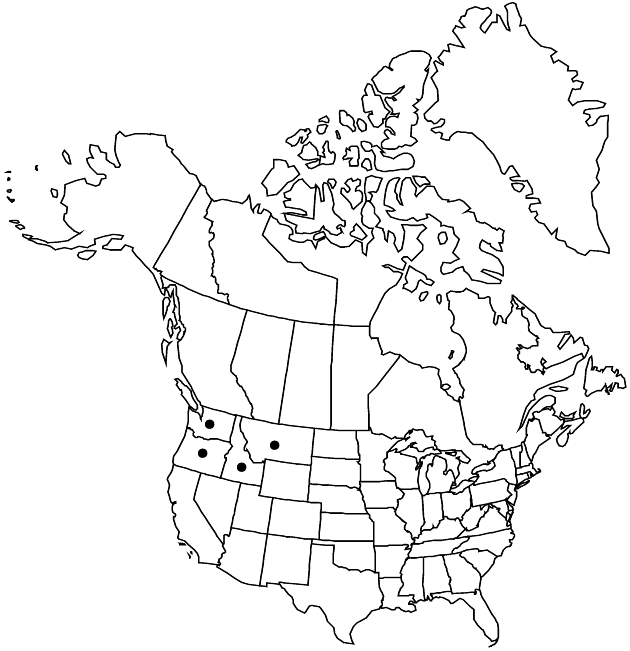Difference between revisions of "Eriophyllum lanatum var. lanatum"
FNA>Volume Importer |
FNA>Volume Importer |
||
| Line 42: | Line 42: | ||
|publication year= | |publication year= | ||
|special status= | |special status= | ||
| − | |source xml=https://jpend@bitbucket.org/aafc-mbb/fna-data-curation.git/src/ | + | |source xml=https://jpend@bitbucket.org/aafc-mbb/fna-data-curation.git/src/f50eec43f223ca0e34566be0b046453a0960e173/coarse_grained_fna_xml/V19-20-21/V21_903.xml |
|tribe=Asteraceae tribe Heliantheae | |tribe=Asteraceae tribe Heliantheae | ||
|subtribe=Asteraceae (tribe Heliantheae) subtribe Baeriinae | |subtribe=Asteraceae (tribe Heliantheae) subtribe Baeriinae | ||
Revision as of 20:41, 16 December 2019
Perennials (± taprooted). Proximal leaves alternate; blades mostly oblanceolate, 1-pinnately lobed (usually beginning in distal 1/2 of leaf, lobes 5–7), ultimate margins usually toothed or serrate, rarely entire, revolute, abaxial faces densely woolly, adaxial less so. Heads 2–5 per array or borne singly. Peduncles mostly 5–15(–20) cm. Involucres 10–15 mm diam. Ray florets (8–)11–13; laminae 10–20 mm. Cypselae (3.4–)3.5–5 mm; pappi 0.4–1.8 mm. 2n = 16, 32.
Phenology: Flowering May–Jun.
Habitat: Dry, rocky sites, sagebrush, forests
Elevation: 200–1100 m
Distribution

Idaho, Mont., Oreg., Wash.
Discussion
Variety lanatum intergrades with var. leucophyllum near the Cascade Mountains in Washington and Oregon, and to the south and west with var. integrifolium (see above). It closely resembles var. grandiflorum; their distributions are disjunct.
Selected References
None.
Lower Taxa
None.